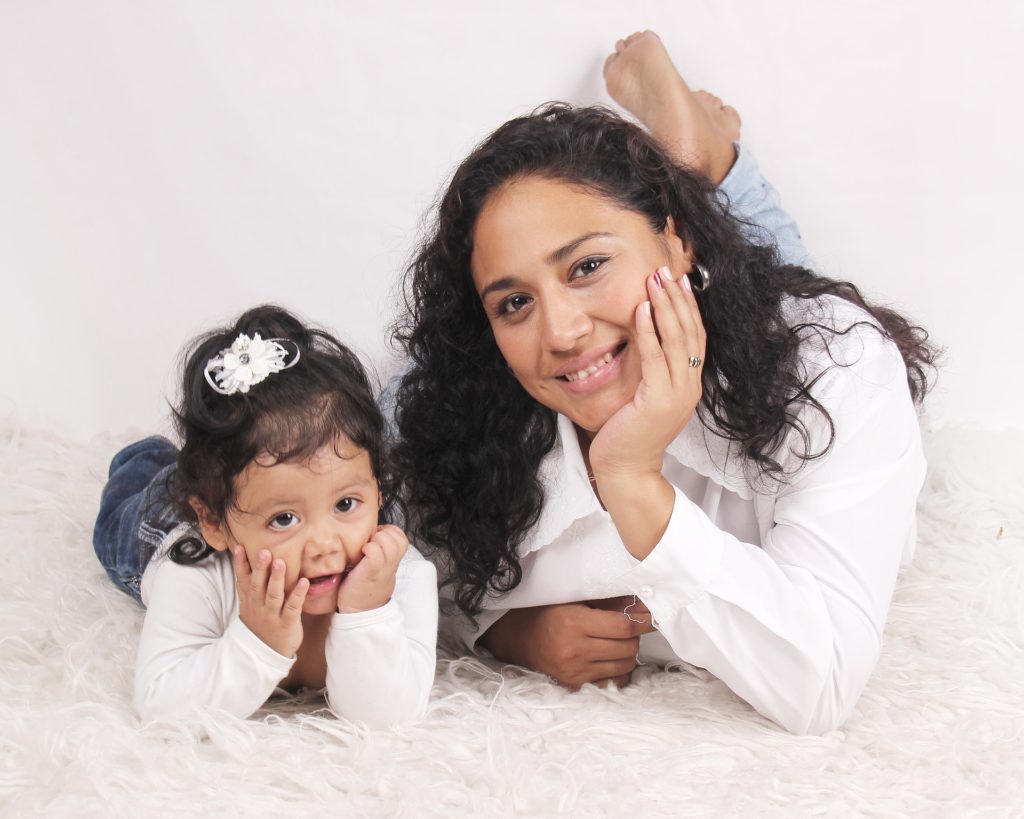Brenda Yoder

“I can’t tell my mom that. She’ll freak out.” It’s the thing kids say when we’re talking about hard things. My hope as a counselor or speaker is that kids will take the hardest things in their lives to their parents. But hearing hard things is also a real fear of parents.
I recently spoke to teens at a Christian school on topics of boundaries, sexting, porn and dating violence. Christian parents may want to shelter kids from these topics, but statistics say kids are confronted by them whether parents want to admit it. Eleven is the age most kids come across porn; kids ages twelve to fourteen are the largest age group groomed into sex trafficking; and over 90% of children sexually abused are assaulted by someone they know.
It’s important you talk to your kids about hard stuff, not just abuse, porn, and sexting, but also things like depression and suicide. Here are 5 reasons why:
Kids need a reference point to contextualize the messages they receive from the culture and peers. When kids have shows like Thirteen Reasons Why and 50 Shades of Gray marketed to them on Netflix and other media outlets, they need caring adults to put these messages in context. The messages portrayed in these and other films is harmful for teens with the absence of guidance.
Kids feel overwhelmed by the messages bombarding them. One teen said “we’ve got thin skins,” meaning they are fragile in today’s culture. So many messages are negative and void of hope (such as the ones cited above). Talking with your teen gives them a support system outside of their peer group. Many fragile kids are trying to help other fragile kids, and need support of safe adults in their lives.Fragile kids are helping other fragile kids, and need support of safe adults in their lives.
Kids struggle alone, but want loving care. Parents are often afraid to talk about hard topics with kids, fearing if they talk about porn or suicide, it will put thoughts in their child’s head. The truth is that they may already be struggling with these issues or know someone who is. Talking about it opens the door for healthy communication, letting your child know you’re big enough to handle the hard things in their life.
You provide a toolbox of healthy coping skills for hard topics. Talking about hard subjects before they happen gives kids resources for how to handle situations when they experience them. They are equipped to problem solve rather than react, get caught by peer pressure, or consumed by their emotions.
Your kids need you. Most things about teen life tell you kids don’t want you involved or need your input. They may even say so. But they really want and need you. They just rarely say so. When you talk about hard topics, they’re usually glad you did because it shows you care about the secret things in their lives. They know they’re not alone.Your kids want and need you. They just rarely say so.
If you feel awkward talking about hard topics, it’s okay to say so. “This feels awkward, but it’s a discussion we need to have.” I’ve been that awkward mom many times. Later my kids have told they were thankful we talked.
Take the plunge. Step into the world of awkward conversation. Really, you’re stepping into the sacred spaces of parenthood.
What have you learned by talking to your kids about hard stuff? We’d love to hear from you!
Dear Father, help us as parents to have hard conversations. Equip our kids for the areas in which they struggle. Thank you for giving us wisdom for the moments we feel ill-equipped. Amen.




















Leave a Reply